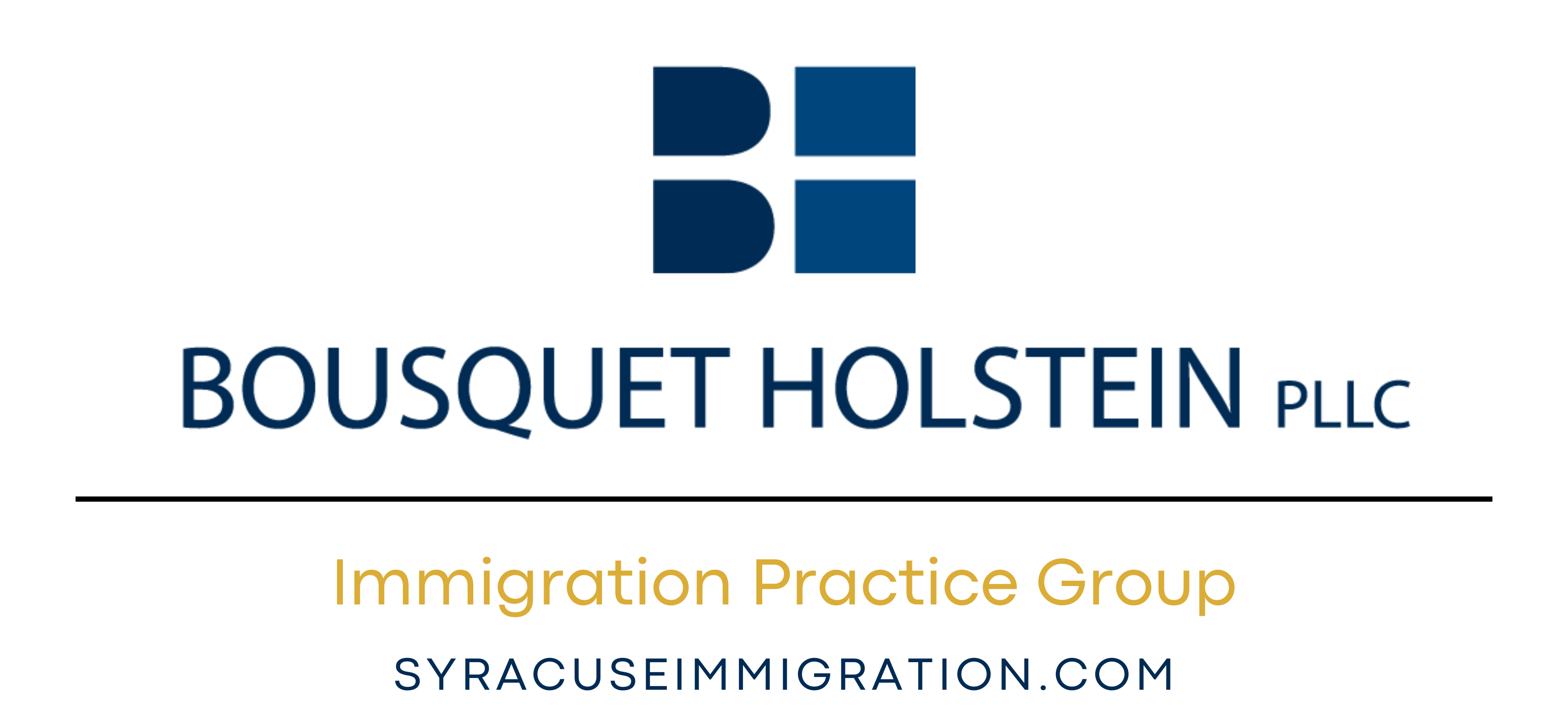H-1B Specialty Worker Temporary Visa
The H-1B category is available to workers in occupations that require highly specialized knowledge. The offered position must require, and the foreign national must possess, at least a Bachelor's degree, or its equivalent, in a specific specialty, in order to qualify for an H-1B visa.
H-1B Eligibility
In order to sponsor a foreign national for an H-1B visa, the employer must demonstrate that:
- the job meets the specialty occupation requirements (see "Specialty Occupation Defined" below);
- the foreign employee holds a bachelor's degree or its equivalent in a field related to the position and, if required by state law, an unrestricted state license, registration, or certification that authorizes the foreign worker to fully practice the specialty occupation and be immediately engaged in that specialty in the state of intended employment; and
- the employer obtained the certified labor condition application ( "LCA") from the U.S. Department of Labor, in which the employer represented, in particular, that it will pay the foreign employee the greater of either the actual or the prevailing wage.
Specialty Occupation Defined
To qualify as a specialty occupation, the position must meet one of the following criteria:
- Bachelor's degree or higher or its equivalent is normally the minimum entry requirement for the particular position;
- The degree requirement is common to the industry in parallel positions among similar organizations or, in the alternative, the job is so complex or unique that it can be performed only by an individual with a degree;
- The employer normally requires a degree or its equivalent for the position; or
- The nature of the specific duties is so specialized and complex that the knowledge required to perform the duties is usually associated with the attainment of a bachelor's or higher degree.
H-1B Cap
The H-1B classification has an annual numerical limit (cap) of 65,000 new statuses/visas each fiscal year (beginning October 1 and ending September 30). An additional 20,000 petitions filed on behalf of beneficiaries with a master's degree or higher from a U.S. institution of higher education are exempt from the cap.
H-1B Cap Exemptions
Some H-1B visa petitions are exempt from the annual cap. Exempt petitions include those requesting an extension or amendment of previously approved cap-subject H-1B visa status, or a petition filed by an institution of higher education or related/affiliated nonprofit entity, nonprofit research organization, or governmental research organization.
H-1B Electronic Registration Process
Beginning with fiscal year 2021, the U.S. Citizenship and Immigration Services (USCIS) implemented a new H-1B filing procedure. In particular, employers seeking to file an H-1B cap subject petition are required to complete an online registration for each foreign worker. If USCIS receives more than 20,000 H-1B petitions towards the master's cap, a separate lottery process is applied. USCIS will apply the random selection process to the regular cap petitions prior to conducting the master’s H-1B lottery. Any master's cap petitions not selected in the regular lottery will be eligible for selection in the master’s H-1B lottery, effectively granting two opportunities at H-1B status. Petitioners selected in a computerized lottery will be afforded at least 90 days from the date of the selection notification to prepare and submit their H‑1B petitions. It is possible that USCIS may also run an additional lottery later in the year, if there are still visas available for the fiscal year.
Labor Condition Application (LCA)
Prospective specialty occupation employers must obtain a certification of an LCA from the U.S. Department of Labor ("DOL"). This application includes certain attestations, a violation of which can result in fines, bars on sponsoring nonimmigrant or immigrant petitions, and other sanctions to the employer/agent. The application requires the employer to attest that it will comply with the following labor requirements:
- The employer will pay the H-1B worker a wage which is no less than the wage paid to similarly qualified workers or, if greater, the prevailing wage for the position in the geographic area in which the H-1B worker will be working.
- The employer/agent will provide working conditions that will not adversely affect other similarly employed workers.
- At the time of the labor condition application there is no strike or lockout at the place of employment.
- Notice of the filing of the labor condition application with the DOL has been given to the union bargaining representative or has been posted at the place of employment.
H-1B Period of Stay
Initial H-1B petitions may be approved for up to three years, with subsequent extensions for up to another three years. Typically, the H-1B worker's total period of admission may not exceed six years, with exceptions available to some H-1B holders, including beneficiaries of pending labor certification applications or employment-based immigrant petitions.
Applying for H-1B Visa
The process to get an H-1B visa can be confusing, and what may seem like small filing errors could delay you or your employees' ability to work in the U.S. for an extended period of time.
As an experienced business immigration lawyer, Anna Putintseva, Esq., has helped employers and employees with the H-1B visa process for many years. Schedule a consultation today.
 Get Working. Get A Consultation.
Get Working. Get A Consultation.
Immigration requirements change frequently, and complying with the immigration process can be confusing. Mistakes could hinder your professional goals for years.

